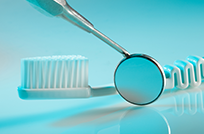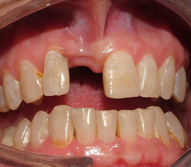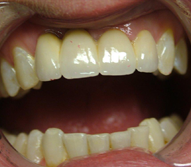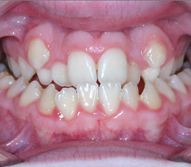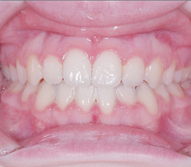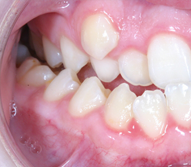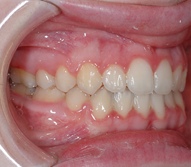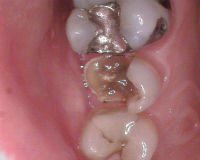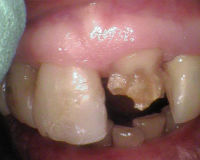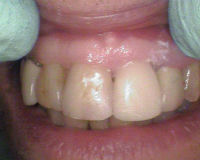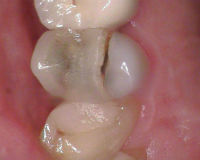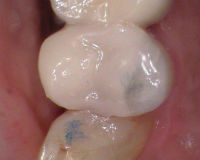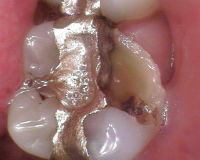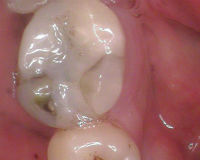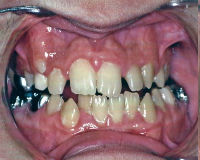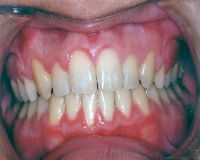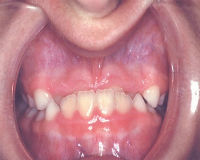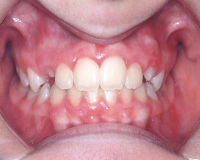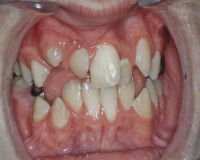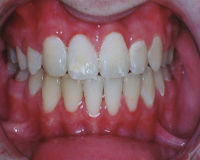What is Gum Disease?
If your gums are red, swollen and bleed easily take heed: you may be suffering from gingivitis- the mildest form of periodontal (gum) disease.
If not treated, you could lose your teeth and experience other health problems. Oddly enough, in most cases, you won't notice any pain before it's too late—so it's important to be aware of the signs. Here we'll discuss the causes/contributing factors behind gum disease, how it's treated and steps you can take to avoid it from this point forward.
What causes gum disease?
The main culprit is bacteria which mixes with mucus and other particles to form sticky, clear plaque. Plaque creates tartar that cannot be removed by brushing. Only a professional dentist or hygienist can remove it.
Factors that may contribute to gum disease
Certain factors that can contribute to gum disease are; diabetes, smoking, aging, genetic predisposition, systemic diseases and conditions, stress, inadequate nutrition, puberty, hormonal fluctuations, pregnancy, substance abuse, HIV infection, and certain medication use.
What happens if gum disease is not treated?
Untreated gingivitis can advance to periodontitis (which means 'inflammation around the tooth'). This is when gums pull away from the teeth and form spaces or 'pockets' that become infected. The infection starts to break down the bone and connective tissue that hold teeth in place. If untreated, the bones, gums, and tissue that support the teeth will become destroyed and the teeth could eventually become loose and have to be removed. Studies have shown that severe periodontitis can contribute to heart disease.
How is gum disease treated?
Types of treatment will vary, depending on the severity of the case. Dentists or hygienists may use a specialized tool called a 'periodontal probe' to measure where your gums attach to your teeth. X-rays might be necessary and you might be referred to a periodontist who specializes in the disease. Surgery is sometimes necessary in severe cases. Any treatment includes good daily care, and possibly a change in behaviours.
Love the gums you're with: What you can do to prevent gum disease
- If you are a smoker, here's another good reason to stop.
- Brush your teeth twice a day (with a fluoride toothpaste).
- Floss regularly to remove hidden plaque from between teeth.
- Visit the dentist (minimum every 6 months) for both a check-up and a professional cleaning.
- Check your gums regularly for telltale signs of the disease such as swollen/sore/receding gums, a color change in your gums, red gums around your teeth or gums that bleed during flossing or brushing.
- Be mindful of other signs such as bad breath that won't go away, a metallic taste in your mouth or unexplained sensitive teeth.
Now for the good news...
Don't despair, it is reversible in its early stages and can almost always be prevented. The best way to deal with gum disease is to avoid it in the first place by protecting and maintaining your oral health. Talk to us at 404 Dental if you have any concerns. We are dedicated to your oral health and well-being.
If you have any questions or comments, please contact us by clicking the button below!
Contact Us
